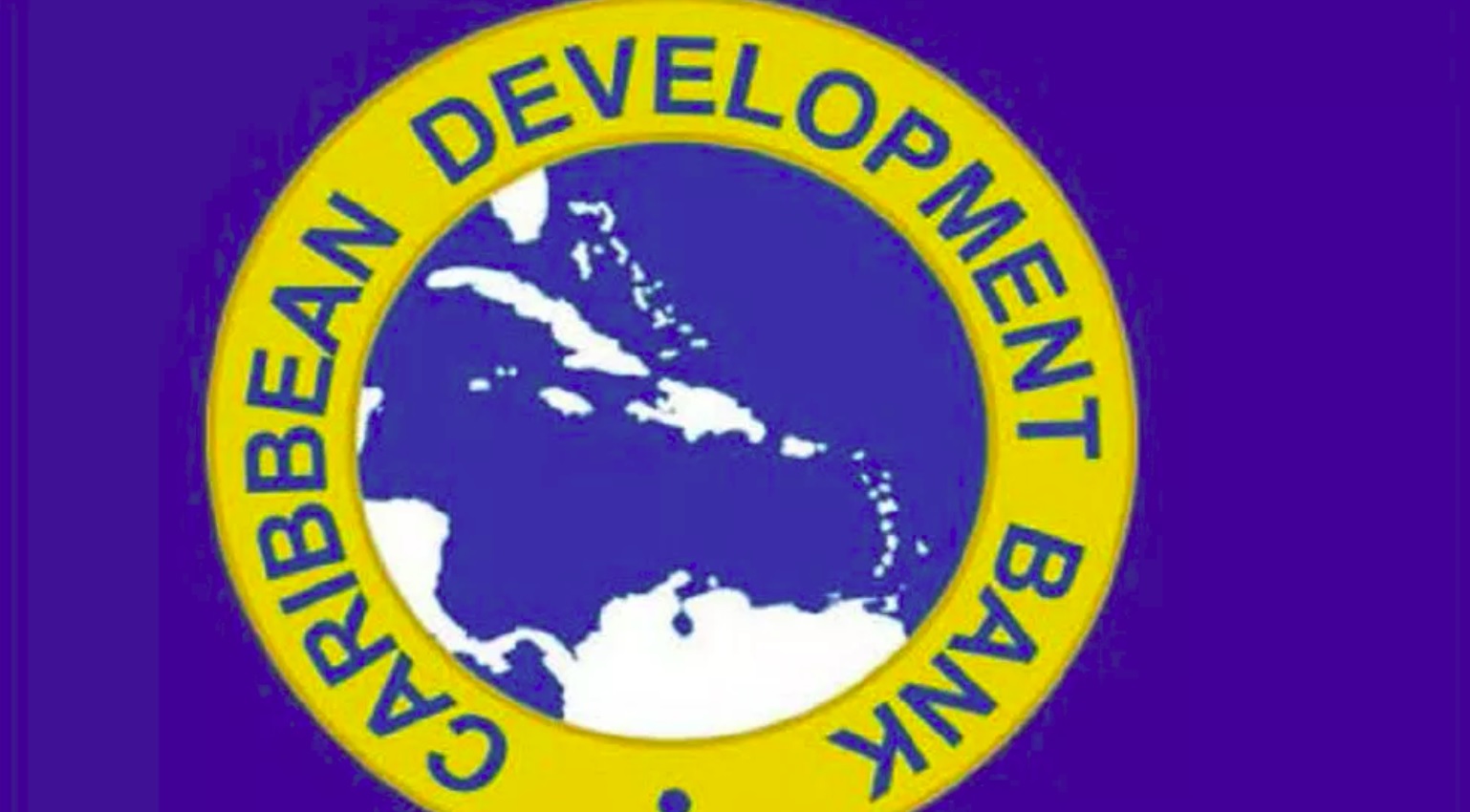Suriname has recorded the lowest number of malaria cases in recent years with no associated deaths and the authorities are planning a symposium early next year to further curb the spread of the mosquito-borne disease.
Figures released here show that the Dutch-speaking Caribbean Community (CARICOM) country had recorded 22 cases this year, the lowest since 2018 when 29 cases were registered.
In the following two years, the country recorded over 100 cases annually and the authorities had blamed a reduce health care programme for the increase as a result of the coronavirus (COVID-19) pandemic.
The authorities said Suriname is not alone in the fight against malaria, collaborating with French Guiana and Brazil. They said attention is mainly focused on combating in the areas where gold miners are active. Brazilian gold prospectors in particular often move between the three countries.
“The collaboration is important and we have been running a project for five years, where a self-test and treatment kit has been developed for gold miners from Suriname who will work in French Guiana,” said Hélène Hiwatt of the Malaria Programme.
A symposium on fighting malaria in the mobile population and out of reach of health services is due to be held early next year. In the French Guiana, a project is being carried out in collaboration with Suriname, which is supported by the European Union with special attention to the introduction of medicine against the vivax variant.
They said the difference between medication against the falciparum malaria variant and the vivax variant is that some people who are deficient in a certain protein can experience serious side effects from the vivax variant
Malaria is a serious and sometimes fatal disease caused by a parasite that commonly infects a certain type of mosquito which feeds on humans. People who get malaria are typically very sick with high fevers, shaking chills, and flu-like illness.




